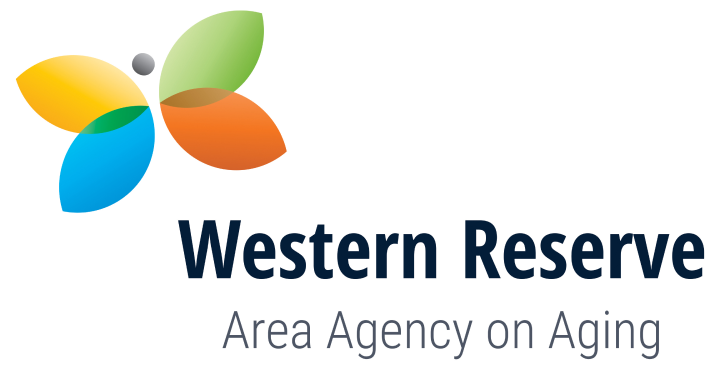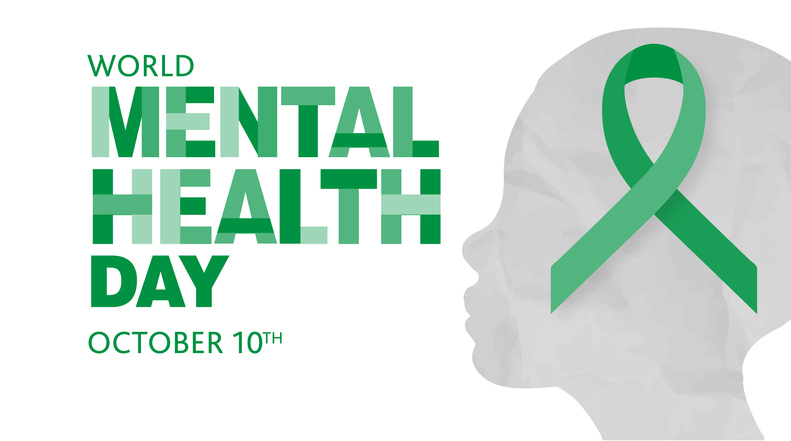Celebrating World Mental Health Day: Taking a Personal Mental Health Day Can Prevent Burnout
The History and Purpose
Since its inception in 1992 by the World Federation for Mental Health (WFMH), World Mental Health Day has become a pivotal opportunity for educating the public and advocating for mental health services. Over the years, it has garnered support from organizations worldwide, including the World Health Organization (WHO), underscoring its importance. Recognizing the growing impact of mental health on overall well-being, the day serves as a platform for highlighting key issues, advocating for equitable access to mental health care, and dispelling myths associated with mental health conditions.
Each year, World Mental Health Day is centered around a specific theme that reflects current mental health priorities and challenges. This year’s theme, “Access to services: Mental Health in Catastrophes and Emergencies,” highlights the critical need to ensure mental health support reaches people affected by crises like natural disasters, conflict, and pandemics. Recent themes have focused on mental health in an unequal world, ensuring mental health services for everyone, and the repercussions of the COVID-19 pandemic on mental health. These themes aim to rally efforts and spur initiatives that improve the understanding and support for mental health globally.
By the Numbers
The Centers for Disease Control and Prevention (CDC), the National Institute of Mental Health (NIMH), and WHO provide a breakdown on mental health statistics.
In the United States:
- In 2022, 59.3 million adults in the U.S. (20.7 percent) experienced a mental illness.
- The most common mental health conditions in the U.S. are anxiety disorders, depression, and obsessive-compulsive disorder.
- Suicide rates have increased by 36 percent since 2000.
- 49,316 people died by suicide in 2022.
Age Groups:
- Mental health conditions are common across all age groups, but are particularly prevalent among young adults and older adults.
- In 2022, 25.2 percent of adults aged 18-29 and 21.7 percent of adults aged 65 and older experienced a mental illness.
Other Statistics:
- Only 36.9 percent of people with mental health conditions receive treatment.
- The average age of onset for mental health conditions is 14 years old.
- Women are more likely than men to experience anxiety disorders, while men are more likely to experience substance use disorders.
According to data from Cleveland and Cuyahoga County health officials, suicide rates have been on the rise in recent years, particularly affecting young and minority populations. While the total number of suicides in Ohio declined in 2023, Cuyahoga County saw an increase during the same period. Cuyahoga County saw 203 deaths by suicide in 2023, a nearly 15 percent increase from the previous year. In 2024, preliminary data showed approximately 220 suicide deaths in the county. In 2022, Cleveland had the highest rate of death due to suicide among comparison cities.
Last year, the City of Cleveland released a Suicide Data Summary Report that summarized suicide incidence among Cleveland residents. (The report included data from 2017 through 2023.) The findings indicated that suicide is the second leading cause of death for individuals between 10-14 years and the third leading cause of death for individuals between 15-24 years. Those are followed by individuals between 25-44 years, then individuals between 45-64, and finally older adults 65 and above.
The Cuyahoga County 24-Hour Suicide Prevention, Mental Health/Addiction Crisis Hotline is available to help: (216) 623-6888.
Global Activities for Awareness and Education
Organizations, communities, and individuals worldwide join in various activities to observe World Mental Health Day. Seminars, workshops, public campaigns, and social media efforts are organized to raise awareness and promote mental health education. These activities also aim to encourage open conversations about mental health, support those struggling with mental health issues, and inspire systemic changes in mental health services. Concerts and cultural events further enhance the observance by uniting communities to celebrate resilience and the progress in mental health advocacy. Such gatherings demonstrate how collective action can reduce stigma and create supportive environments where mental health is a top priority.
Click here to get a list of local older adult centers.
Take a Day
WFMH recommends that individuals take a personal mental health day to prevent burnout by resting, practicing self-care activities, and reducing stress, which can lead to improved focus, productivity, and overall health. Here are some signs that you might need a personal mental health day:
- Persistent Stress: If you constantly feel overwhelmed and stressed without relief, it may be time to take a step back.
- Fatigue: You feel constantly tired, even after a good night's sleep. Emotional exhaustion can cause physical fatigue.
- Irritability and Mood Swings: You may feel more irritable or have frequent mood swings. This could be a sign that you need a break.
- Difficulty Concentrating: If you're having trouble focusing on tasks and your productivity is declining, taking a mental health day could be beneficial.
- Feeling Disconnected: Losing interest in activities you usually enjoy or feeling detached from your environment might mean you need a reset.
- Symptoms of Anxiety or Depression: Ongoing sadness, worry, or feeling down should be addressed with self-care or professional help.
- Physical Symptoms: Headaches, stomachaches, or other unexplained bodily issues can arise from stress and mental exhaustion.
- Feeling Overwhelmed by Daily Tasks: Routine tasks feel more challenging than usual. This can be a sign that you are mentally drained.
- Sleeping Issues: Trouble falling asleep, staying asleep, or feeling unrested can be indicators of underlying stress or mental struggles.
- Withdrawing Socially: Avoiding social interactions or isolating yourself is a sign that you might need time to recharge.
Moving Forward
Recognizing the importance of mental health, World Mental Health Day continues to gain momentum each year. With increased awareness, more people are participating in important conversations about mental well-being, helping to create environments where mental health is understood and prioritized. World Mental Health Day is a movement for change, an effort to bring mental health issues into the spotlight and ensure a better future for everyone.
WRAAA is designed by the State of Ohio to serve as the planning, coordinating, and administrative agency for federal and state aging programs in Cuyahoga, Geauga, Lake, Lorain, and Medina counties.
For those in the five-county area seeking additional resources or opportunities, please contact WRAAA at areaagingsolutions.org or call (800) 626-7277

